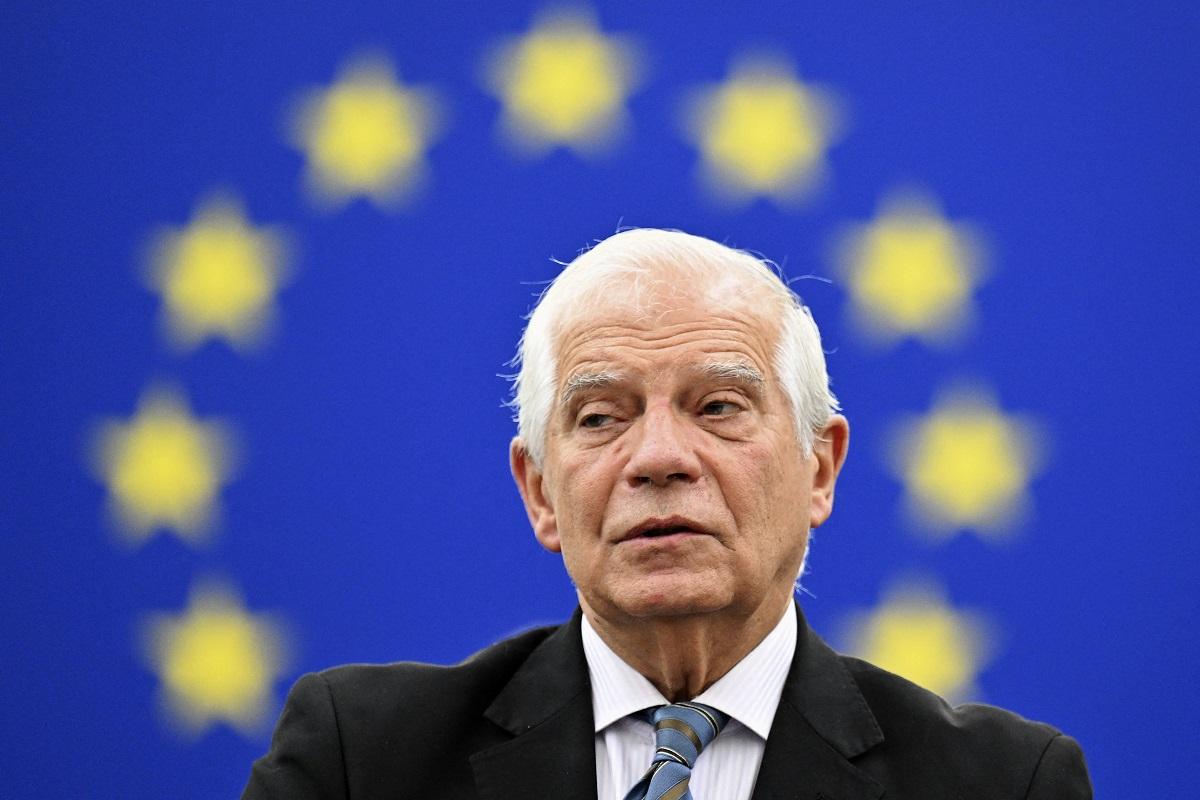Russia’s nuclear threats ‘irresponsible’ —EU’s Borrell

BRUSSELS — EU top diplomat Josep Borrell accused Russia on Tuesday of issuing "completely irresponsible" nuclear threats, after President Vladimir Putin broadened the scope for Moscow's use of atomic weapons.
"It is not the first time that Putin plays the nuclear gamble," the outgoing foreign policy chief told reporters following defense minister talks in Brussels on the 1,000th day of the conflict.
"Russia has subscribed to the principle that a nuclear war cannot be won, and so must never be fought," he said, warning that "any call for nuclear warfare is an irresponsibility."
The EU talks—dominated by the need to ramp up support for Ukraine's fight—came as Kyiv confirmed it had fired US-supplied long-range missiles into Russian territory, in what Russia said marked "a new phase" in the war.
Borrell had pressed member states ahead of time to align with Washington in allowing Ukraine to strike inside Russia using donated missiles—something France appears to be considering.
Addressing reporters afterwards, Borrell gave no indication of a shift on the sensitive issue.
But he said EU states had agreed "by an overwhelming majority" that "the fate of Ukraine will determine the destiny of the European Union."
"If Putin could be successful in Ukraine, we will pay a very high bill, much more expensive than any kind of military support that we could provide today," he said.
Borrell said a "big majority" of EU member states had shown "their determination to continue supporting Ukraine"—with Donald Trump's imminent White House return throwing US support for Kyiv into question.
"Certainly we are in a different scenario with a different president in the White House, which seems to have ideas about how to end the war," he said.
Ministers were joined by NATO chief Mark Rutte who warned that Putin must not be allowed to "get his way" in Ukraine and reiterated his call for Europe to "ramp up the defense industry."
More than two and a half years after Moscow's 2022 invasion of Ukraine, now 23 of the 32 NATO members reach the target of spending two percent of gross domestic product on defense—up from just three a decade ago.
But the growing consensus is that Europe will have to do more to make sure it can stand on its own.
Borrell said it was made clear by Rutte that given "the challenges we are facing, this landmark, this mythic figure of two-percent will not be enough, and we need to take more action."
"Europeans have to do more and quicker in order to increase their defense capacity, not just to support Ukraine, but for our own security," said the EU top diplomat, who hands over next month to his designated successor Kaja Kallas. — Agence France-Presse




